Ninth Meeting of the China-Central and Eastern European Countries Higher Education Institutions Consortium Successfully Held
Publish Date: 2024-05-27 | Visits: 847
On May 24, 2024, the ninth meeting of China-Central and Eastern European Countries Higher Education Institutions Consortium (CCHEIC), hosted by China Education Association for International Exchange (CEAIE), was successfully held in Ningbo. Nearly 260 university leaders and representatives, government officials, and experts and scholars from China and over 10 Central and Eastern European countries attended the meeting.
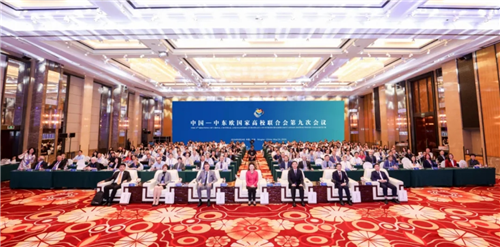
The theme of this year's meeting was "High-Quality Education Empowering Sustainable Development," aiming to explore new trends and opportunities for higher education cooperation between China and Central and Eastern European countries in the context of digitalization. Fu Bo, Deputy Secretary-General of CEAIE, Sashko Nasev, North Macedonian Ambassador to China, Xie Bin, Deputy Director of the Zhejiang Provincial Department of Education, and Xu Yan, Deputy Mayor of Ningbo, attended the opening ceremony and delivered speeches. Sinisa Berjan, Bosnian Ambassador to China, and Zhao Gang, Vice President of Beijing Foreign Studies University, presented keynote reports.
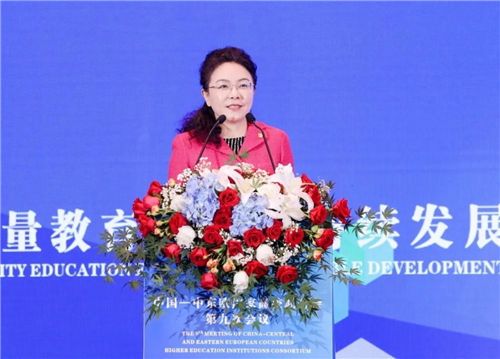
Fu Bo emphasized that CEAIE, as the Chinese Secretariat of CCHEIC, has been actively promoting educational cooperation between China and Europe. Over the past decade, the consortium has organized eight meetings, established 11 academic communities, and conducted various projects such as the Education Capacity Building Projects and China Education Tour, covering personnel exchange, joint research, and academic development, yielding fruitful results. In early May, during President Xi Jinping's visit to Europe, he proposed doubling the number of European youth exchanges to China in the next three years, which will significantly enhance mutual cultural exchanges. Fu Bo expressed hope for continued deepening of educational cooperation between China and Europe.
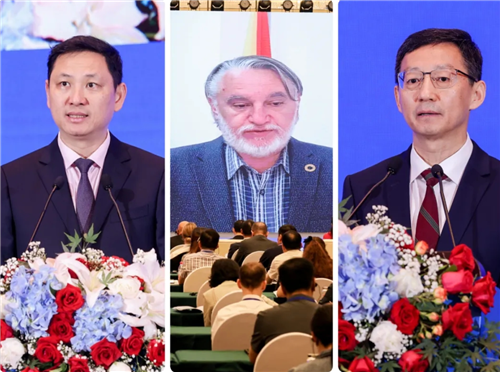
Ambassador Nasev congratulated the meeting via video message. Deputy Director Xie Bin provided updates on Zhejiang's educational reform and international exchange progress and pledged continued support for international exchange in the province's universities. Deputy Mayor Xu Yan highlighted Ningbo's achievements in exchanges and cooperation with Central and Eastern European countries, hoping the meeting would provide valuable opportunities for educational exchanges and integration.

Ambassador Berjan, in his keynote report, emphasized the profound significance of the theme "Trends and Prospects of China-Central and Eastern European Countries Education Cooperation". He noted that globalization, technological change, and sustainable development have continuously reshaped higher education, presenting challenges and opportunities. China and Central and Eastern European countries should seize the opportunities of educational internationalization, digitalization, and interdisciplinary research cooperation to enhance the depth of their collaboration and identify new growth points.
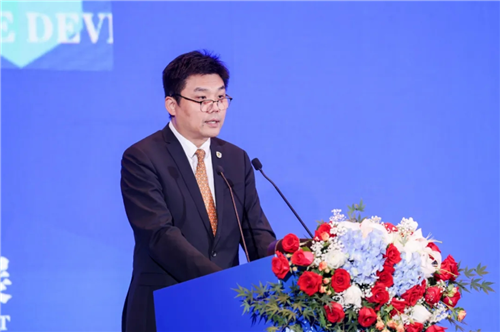
Vice President Zhao Gang reviewed the achievements of the consortium over the past decade and proposed several focus areas for the next ten years: enhancing the sharing of educational resources, promoting a blended model of online and offline exchanges using digital technologies, fostering interdisciplinary and international talent by designing educational programs that meet contemporary needs, and deepening language and cultural exchanges to strengthen traditional friendships between China and Central and Eastern European countries.
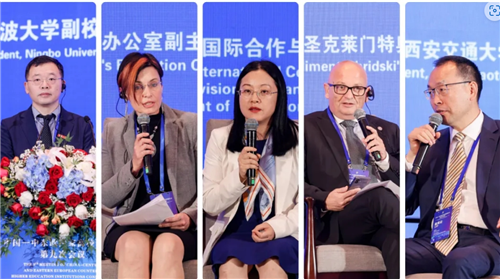
The meeting included a round-table discussion on "Opportunities and Challenges of China-Central and Eastern European International Cooperation in the Context of Digital Transformation." The discussion, focusing on the impact of digitalization on higher education development, talent cultivation, and industry-education integration, featured Shan Zhiwei, Vice President of Xi'an Jiaotong University, Dai Shixun, Vice President of Ningbo University, Lan Jingjing, Director of the International Department of the Zhejiang Provincial Department of Education, Prof. Igor Nedelkovski, President of St. Clement of Ohrid University of Bitola in North Macedonia, and Dr. Vano Renata, Deputy Chair of the Hungarian Education Office.
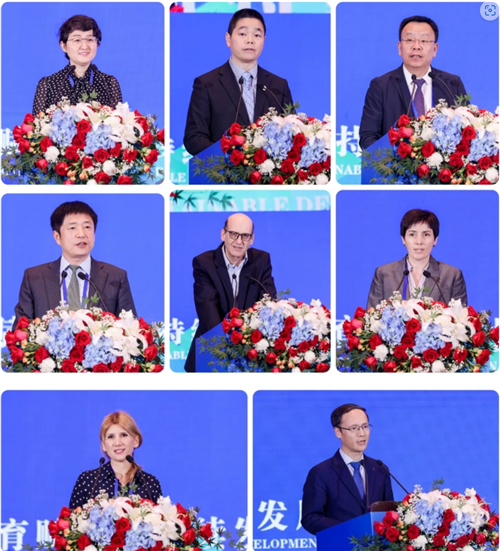
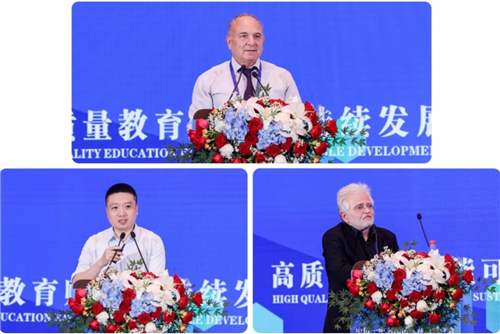
The meeting also featured three subtopics: new pathways for diversified student and faculty mobility, digital transformation facilitating research innovation, and industry-education integration empowering green development. Leaders and representatives from universities and educational institutions in China, Hungary, Croatia, Bulgaria, and other countries shared their work experiences and progress, offering suggestions and solutions to advance China-CEEC educational cooperation and achieve mutual benefits.
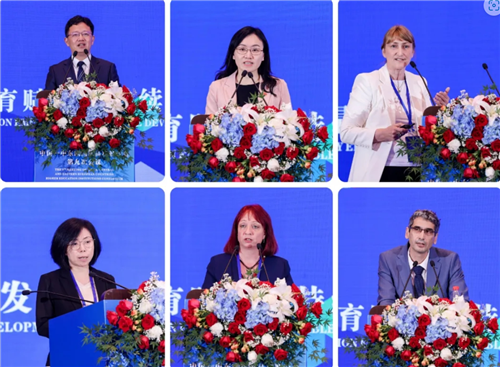
Additionally, the meeting included a free exchange session, providing an opportunity for precise matching of cooperation needs and fostering close connections among participants.
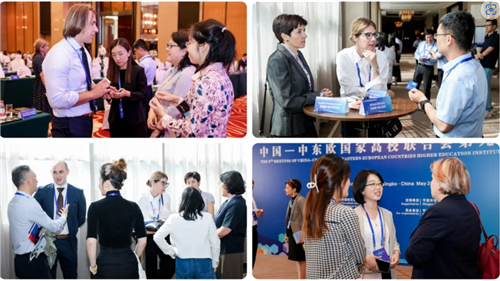
Attendees expressed that the meeting was not only a platform for exchange and sharing but also a grand event for building consensus and enhancing friendships. They fully affirmed and appreciated the practical results achieved by the consortium in promoting educational cooperation between China and Central and Eastern European countries over the past decade. They thanked the China Education Association for International Exchange for creating a high-quality exchange platform for member universities from China and abroad. The participants were confident about continuing to deepen cooperation in the future and expressed their willingness to work with the association to contribute to high-quality educational development and cultural exchanges between China and other countries.
This meeting was organized by the Ningbo Education International Exchange Association with strong support from the Ningbo Municipal Government.
(By the Department of International Cooperation)















